Share
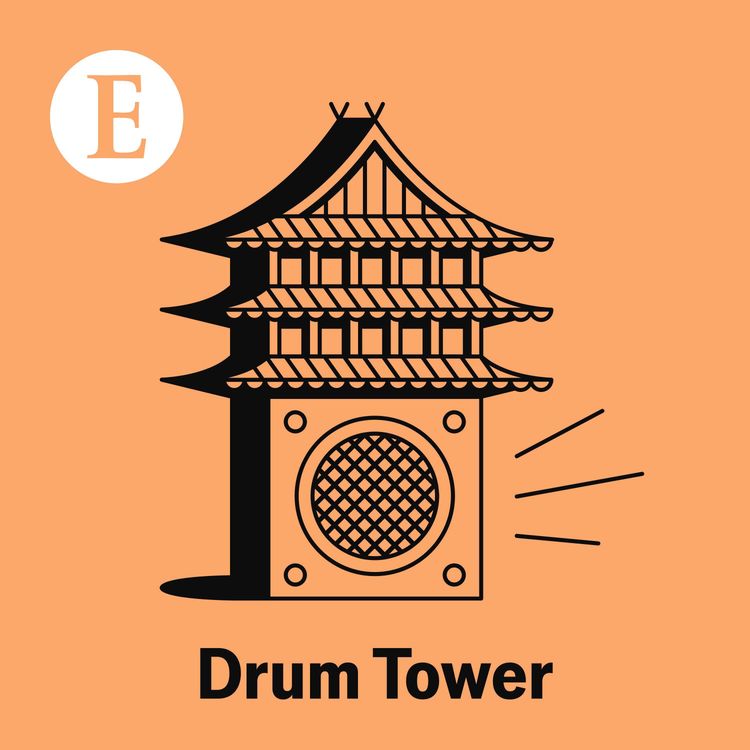
Drum Tower
Going live or going dark: why China is cracking down on live-streamers
Live-streaming is big business in China, with millions of broadcasts happening daily, featuring everything from shopping deals to dating advice. This digital gold rush has lifted many out of poverty and made others wealthy, but it comes with risks. In a country where censorship is pervasive, streamers must toe the line on socialist values—or face being shut down.
Jiehao Chen, The Economist’s China researcher and “Drum Tower” producer, hosts this episode with Ted Plafker, our China correspondent in Beijing. Together they ask: what’s life like inside this dynamic but precarious world, and what does the increasing censorship of live-streamers for flaunting wealth say about China today?
Transcripts of our podcasts are available via economist.com/podcasts.
Listen to what matters most, from global politics and business to science and technology—subscribe to Economist Podcasts+.
For more information about how to access Economist Podcasts+, please visit our FAQs page or watch our video explaining how to link your account.
More episodes
View all episodes

Strike force: What China will learn from Venezuela
30:41|China’s leaders were swift to denounce America’s dramatic night-time extraction of Venezuelan president Nicolás Maduro. But the country’s nationalist commentators are asking if the US assault could offer lessons for a future attack on Taiwan.Hosts: Jeremy Page, our chief China correspondent and Sarah Wu, The Economist’s China correspondent Guest: Drew Thompson, former Pentagon official and senior fellow at Nanyang Technological University, SingaporeTranscripts of our podcasts are available via economist.com/podcasts.Listen to what matters most, from global politics and business to science and technology—subscribe to Economist Podcasts+. For more information about how to access Economist Podcasts+, please visit our FAQs page or watch our video explaining how to link your account.
Red dirt: China’s bid to control a new supply chain
32:35|Beneath a ridge in Guinea’s southern highlands lies one of the world's largest deposits of iron ore. Chinese investment has got it out of the ground after decades of delays. But will the Simandou mining project give China the upper hand it hopes?Hosts: Jiehao Chen, The Economist’s China researcher, and Corbin Duncan, our global correspondent.Transcripts of our podcasts are available via economist.com/podcasts.Listen to what matters most, from global politics and business to science and technology—subscribe to Economist Podcasts+. For more information about how to access Economist Podcasts+, please visit our FAQs page or watch our video explaining how to link your account.
Secret script: China’s women-only language
31:40|Nushu emerged from the isolated villages of southern China and is the only language created and used exclusively by women. Today it is celebrated across China as a symbol of female empowerment, but the last natural inheritor saw a different meaning. Host: Jiehao Chen, The Economist’s China researcher.Transcripts of our podcasts are available via economist.com/podcasts.Listen to what matters most, from global politics and business to science and technology—subscribe to Economist Podcasts+. For more information about how to access Economist Podcasts+, please visit our FAQs page or watch our video explaining how to link your account.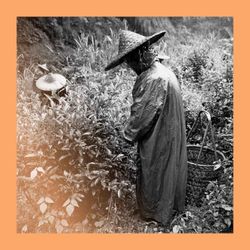
All the tea in China: why Lapsang Souchong is disappearing
27:11|Once a favourite drink of middle-class Brits, Lapsang Souchong is now disappearing from supermarket shelves. We traveled to the remote tea farms of Fujian to find out why. Host: James Miles, The Economist’s China writer-at-large. Transcripts of our podcasts are available via economist.com/podcasts.Listen to what matters most, from global politics and business to science and technology—subscribe to Economist Podcasts+. For more information about how to access Economist Podcasts+, please visit our FAQs page or watch our video explaining how to link your account.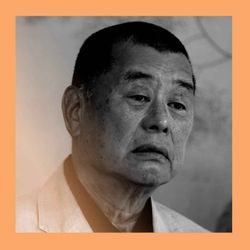
Tycoon troublemaker: the rise and fall of Jimmy Lai
32:43|Media mogul and vocal pro-democracy campaigner Jimmy Lai has been found guilty of conspiring to commit sedition and foreign collusion in a Hong Kong court. Why did the self-made billionaire give up his comfortable life for one of protest—and what does his conviction mean for Hong Kong? Host: Alice Su, The Economist’s senior international correspondent. Guest: Sebastien Lai, democracy activist and the son of Jimmy Lai.Transcripts of our podcasts are available via economist.com/podcasts.Listen to what matters most, from global politics and business to science and technology—subscribe to Economist Podcasts+. For more information about how to access Economist Podcasts+, please visit our FAQs page or watch our video explaining how to link your account.
Mama drama: the row over China’s “mum jobs”
24:09|Start later, leave earlier, bring your kids to work. These are some of the perks being offered via “mum jobs”. Local government officials hope they will boost China’s declining birthrates and productivity. So why are they causing uproar among the women they’re supposed to be helping? Hosts: Sarah Wu, The Economist’s China correspondent and our China researcher, Jiehao Chen.You can find The Weekend Intelligence’s Make Babies Great Again episode in their new feed. Transcripts of our podcasts are available via economist.com/podcasts.Listen to what matters most, from global politics and business to science and technology—subscribe to Economist Podcasts+. For more information about how to access Economist Podcasts+, please visit our FAQs page or watch our video explaining how to link your account.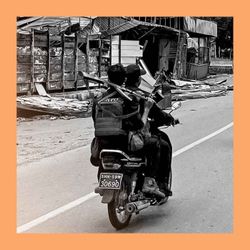
Game of Thrones: China’s ruthless diplomacy in Myanmar
34:53|China says it doesn’t interfere with the affairs of its neighbours, but a leaked transcript suggests that, behind closed doors, diplomats are more than willing to apply the country’s considerable leverage to get what they want.Hosts: Jeremy Page, The Economist’s chief China correspondent and Sue-Lin Wong, our Asia correspondent.You can find out more about Myanmar’s scam compounds by listening to our Scam Inc podcast series. Transcripts of our podcasts are available via economist.com/podcasts.Listen to what matters most, from global politics and business to science and technology—subscribe to Economist Podcasts+. For more information about how to access Economist Podcasts+, please visit our FAQs page or watch our video explaining how to link your account.
Trailer: Drum Tower
02:00|Gain a deeper understanding of China with Jeremy Page and Sarah Wu. The Economist’s China correspondents report from across the country and the places it influences beyond its borders. Jiehao Chen joins the discussion from London. This award-winning podcast takes on everything from the CCP to EVs and from ageing to AI. Published every Tuesday.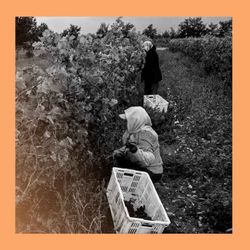
Grape expectations: Chinese wine may be finer than you think
36:15|In a country better known for Baijiu than Burgundy, the rising popularity of homegrown wine has come as a surprise to some. But production costs are high, while many overseas markets are saturated. Can Chinese wine reach its potential?Hosts: Sarah Wu, The Economist’s China correspondent and Jeremy Page, our chief China correspondent.You can also listen to previous episodes of “Drum Tower” on China’s luxury industries and the decline of alcohol. Transcripts of our podcasts are available via economist.com/podcasts.Listen to what matters most, from global politics and business to science and technology—subscribe to Economist Podcasts+. For more information about how to access Economist Podcasts+, please visit our FAQs page or watch our video explaining how to link your account.